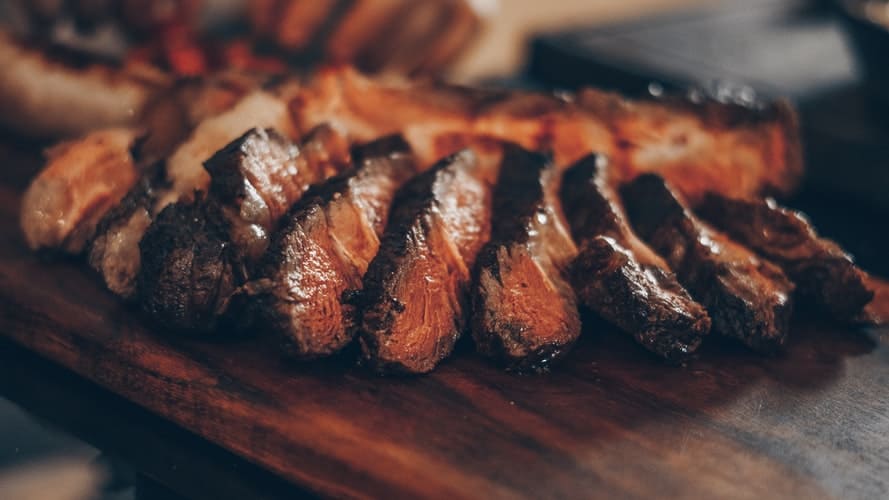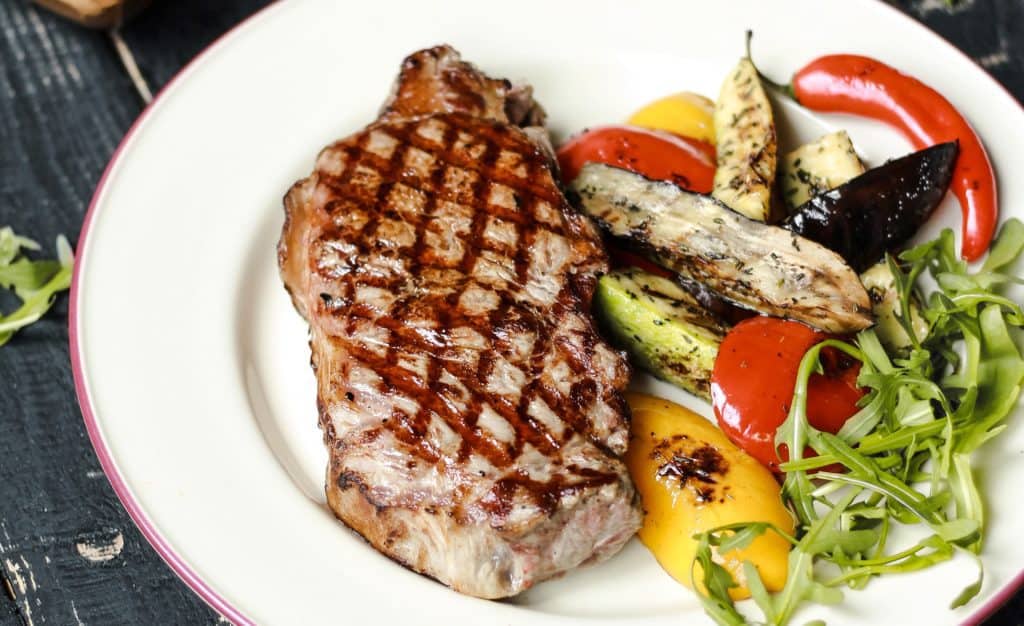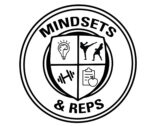
Protein is the only macronutrient that can directly build muscle. Muscle itself is made up of mainly proteins and water. Resistance exercise combined with a high protein diet is the foundation of muscle building.
Even advanced trainees take a few rest days from the gym, usually one or two days per week. This has led to questions and confusion about dietary practices on off days. Sometimes people will skip their usual post workout protein shake on days they don’t lift.
Protein intake is just as important on off days as training days. You should consume just as much protein on rest days as workout days to maintain muscle mass.
The standard protein intake for individuals looking to build muscle is one gram per pound of body weight. Overweight individuals who carry more body fat can use one gram per pound of lean body mass (total weight minus fat mass) or one gram per pound of their target weight.
Why You Should Not Change Protein Intake on Rest Days
Protein is much different from carbohydrates and fats in a variety of ways. Protein is considered a building block, while carbohydrates and fats are classified more as energy reserves.
Protein contains nitrogen as part of its structure, which carbohydrates and fats do not. When you consume a meal with adequate protein, it creates what is called a positive nitrogen balance in the body. This is also known as protein synthesis, and during this time muscle building can occur.
The downside of protein is that the body does not have means to store it in any real way. We can store carbohydrates in muscle and liver, upwards of 500 grams. We can store fat in a virtually limitless manner (i.e. you can conceivably get fatter and fatter with no end in sight). However, excess protein is usually converted to a different substrate since it cannot be stored.
As a result, it’s important to have multiple protein feedings per day to keep protein synthesis elevated. Any time protein synthesis is not elevated, there is potential for protein breakdown. When levels of protein breakdown exceed levels of protein synthesis, there is potential for muscle loss to occur.
It takes an average of about 3 hours for protein synthesis to rise and fall back to baseline, which is the reason for the spacing of meals. The speed depends on the protein source and the makeup of the meal itself, which affects the digestion rate.
This is why it’s important to keep protein intake consistent, even on days when you are not working out. The goal should always be to build or at the very least maintain muscle mass, even in a cutting phase. To achieve this, you should consume 3-5 high protein meals/shakes per day at evenly spaced intervals. Anything in that range will suffice, and there is no need to overcomplicate your diet further.

Maximizing protein synthesis is not that difficult. Protein synthesis is not a linear thing; at a certain point it is capped and cannot elevate any more. To maximize muscle building on a per meal basis, 30 grams of high quality protein is sufficient for most people.
High quality protein sources include chicken, turkey, red meat, whey powder, eggs, fish, and Greek yogurt.
If you’ve ever looked at intermittent fasting research, you will notice that people who implement fasting are more at risk to lose lean body mass. This is because advocates of intermittent fasting consume their meals within a limited time frame.
Because of this, they are not able to keep protein synthesis elevated at the same intervals as someone who eats around the clock. The fasting period is opportunity for muscle loss to occur.
Varying Other Nutrients on Rest Days
Some people keep macronutrient and calorie intake consistent no matter the day. Others like to vary it not only based on training days versus off days, but the type of training done on a particular day.
The most variable nutrient is carbohydrates. Carbohydrates are the body’s primary energy source for physical activity like exercise. Because of this some people like to lower their carbohydrate intake on off days.
This makes sense in theory but you also have to consider the purpose of a rest day. Rest days allow the body to recover and come back strong for the next training session. If you’re depriving yourself of nutrients on rest days, you are hampering the body’s ability to recover to full capacity.
Protein and fats are rarely changed, as they are essential nutrients. Protein is not only essential for muscle, but also ligament, skin, hair, and other structural health. Fats are essential for proper hormonal health. There is really no need to vary intake of either one on a daily basis.
Summary
Any fitness enthusiast knows the importance of protein. Due to the body’s inability to store protein, it is important to consume it at regular intervals, ideally every 3-4 hours. This applies both to rest days and workout days.
Muscle building occurs when levels of protein synthesis exceed levels of protein breakdown. Protein synthesis and protein breakdown are two separate processes; they both are occurring to some degree at all times. It is not as if one turns on and the other turns off.
To maximize protein synthesis, you should consume a minimum of 30 grams of high quality protein in one sitting. This can be in the form of a meal or a protein shake.
There is little reason, scientifically or practically speaking, to overcomplicate nutrition on training days compared to rest days. Rest days are to maximize recovery for future workout performance, thus there should be no nutrient deprivation.
